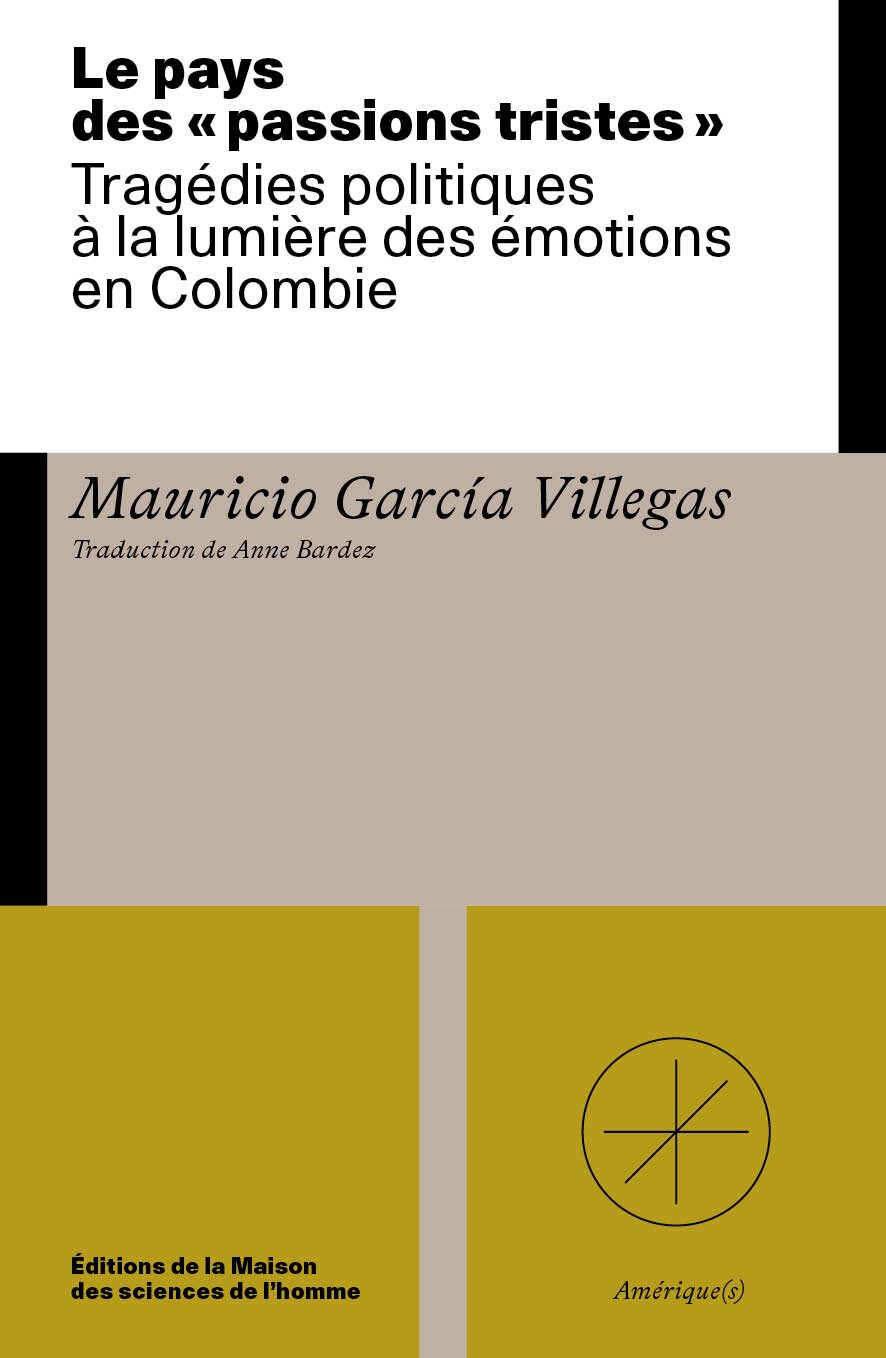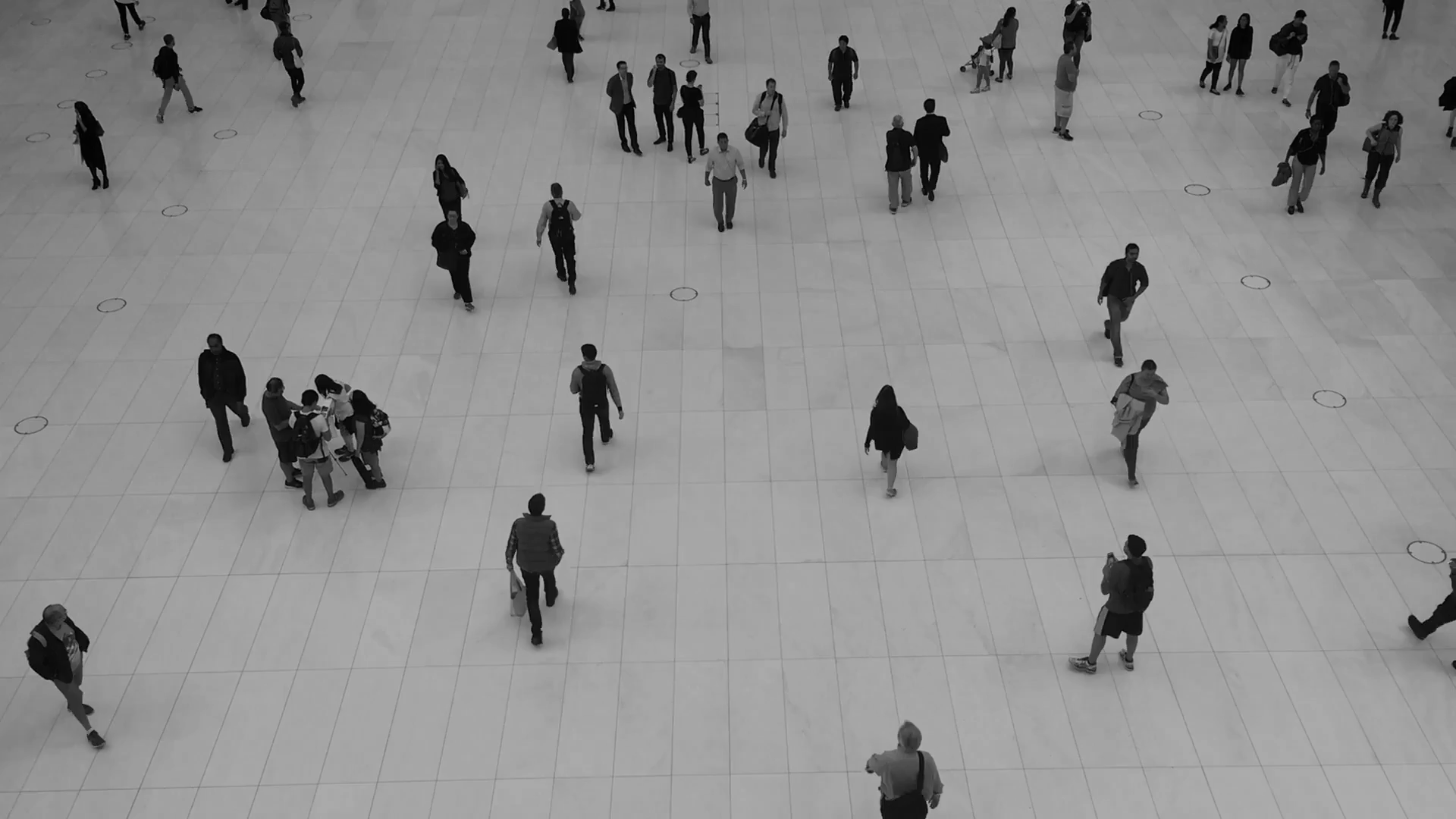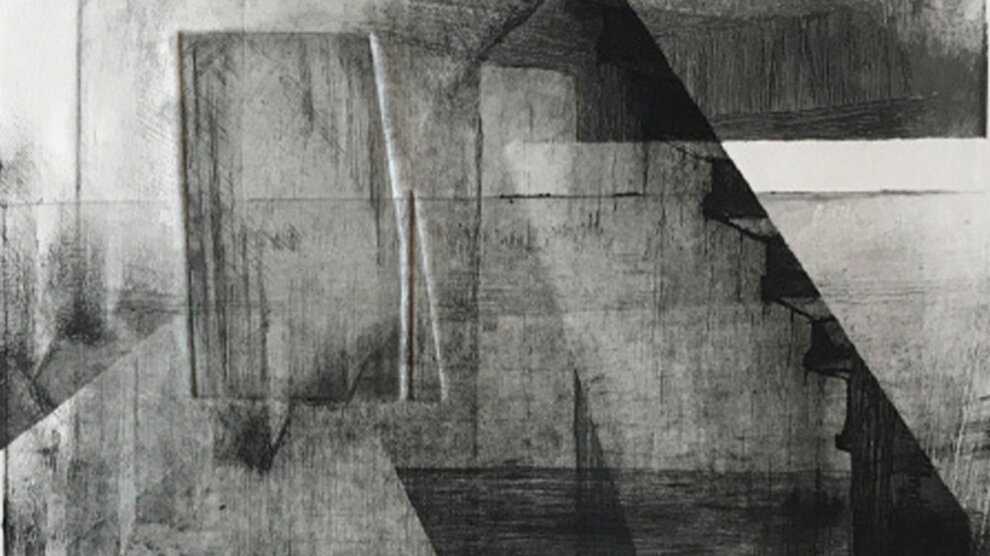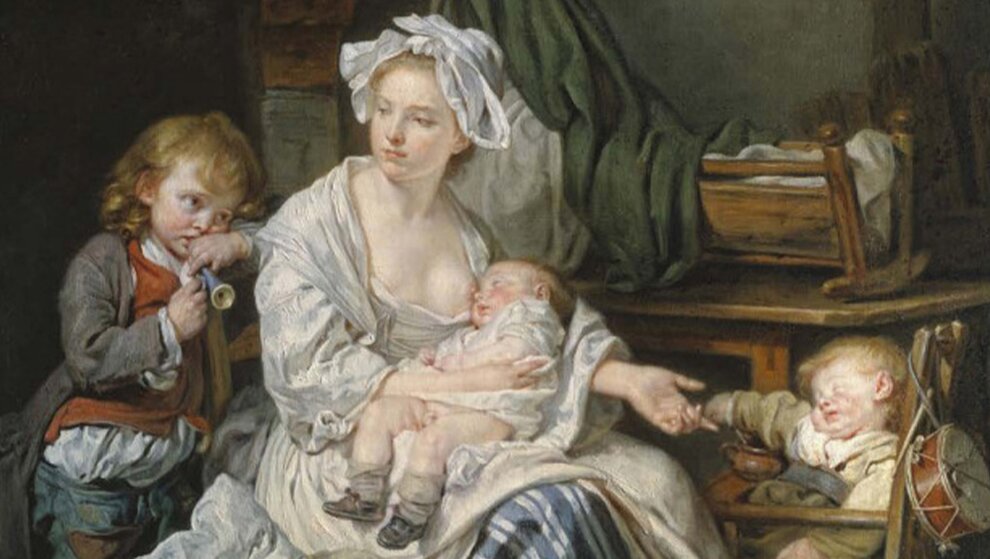Le pays des « passions tristes »
To be published in November in the "Amérique(s)" collection by Éditions de la MSH

"Le pays des « passions tristes ». Tragédies politiques à la lumière des émotions en Colombie"
Published at 6 November 2023







